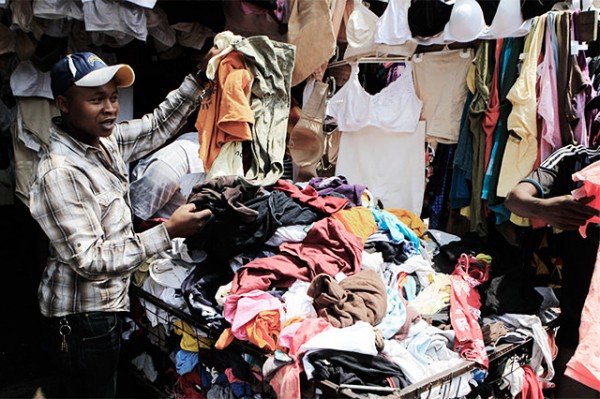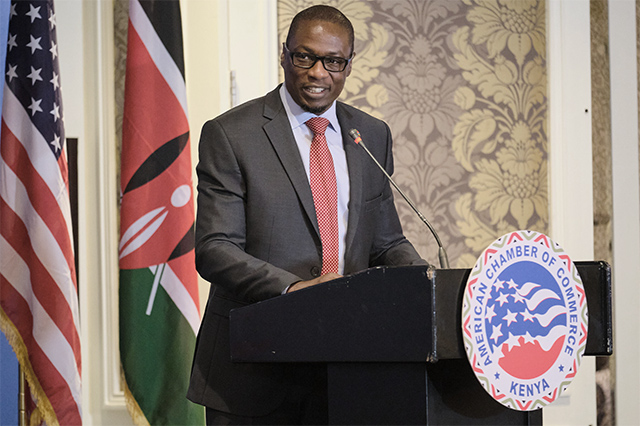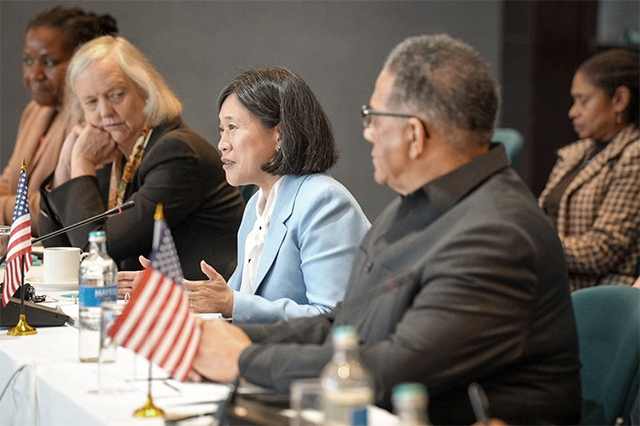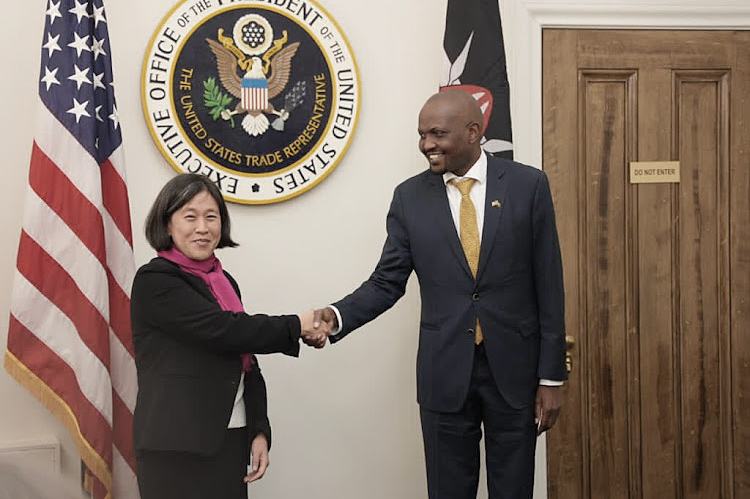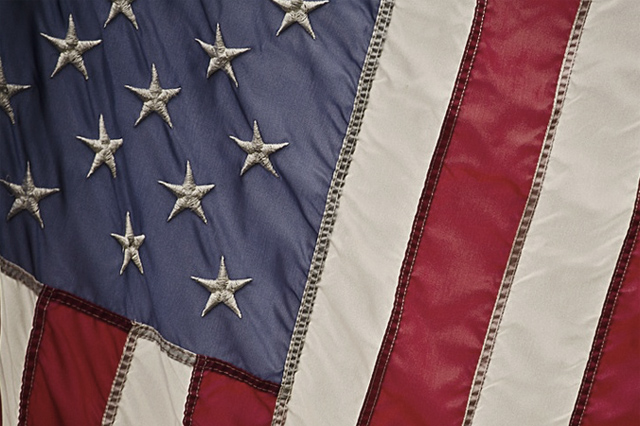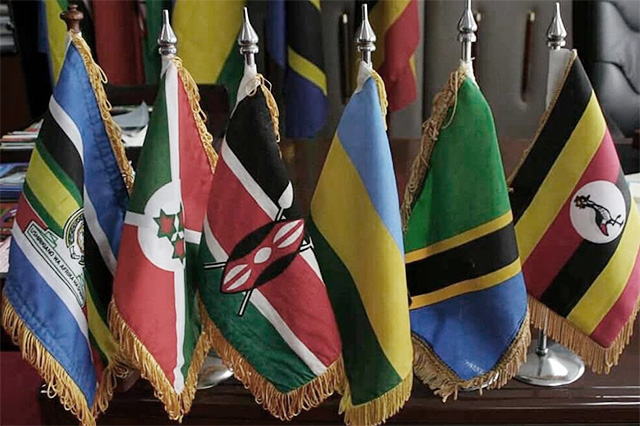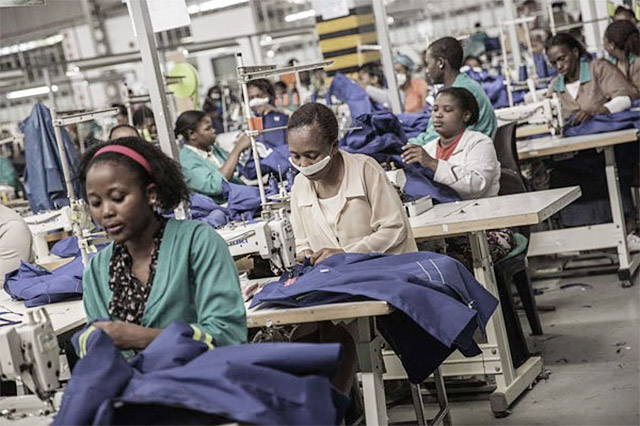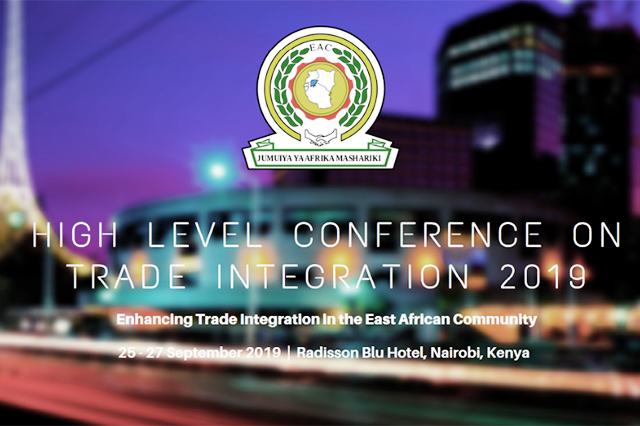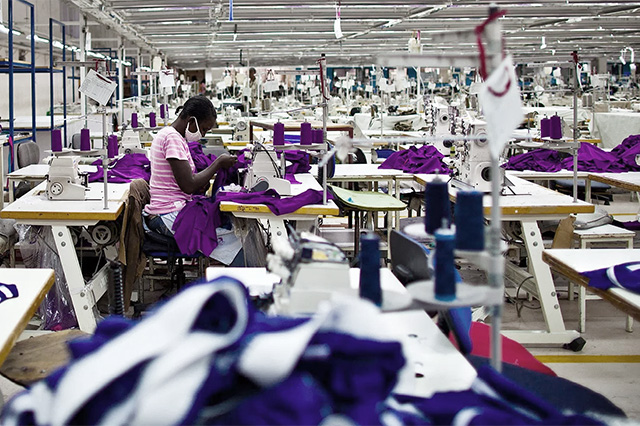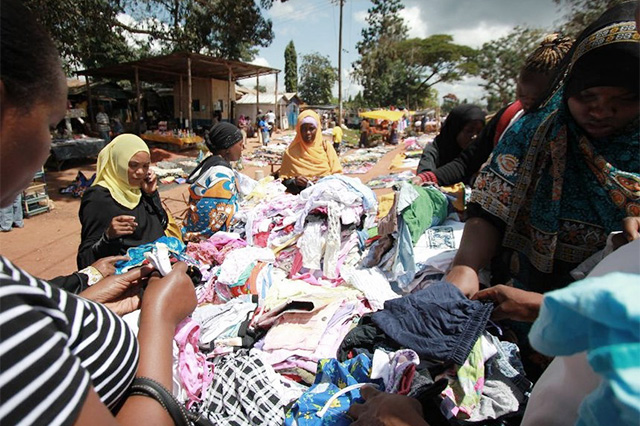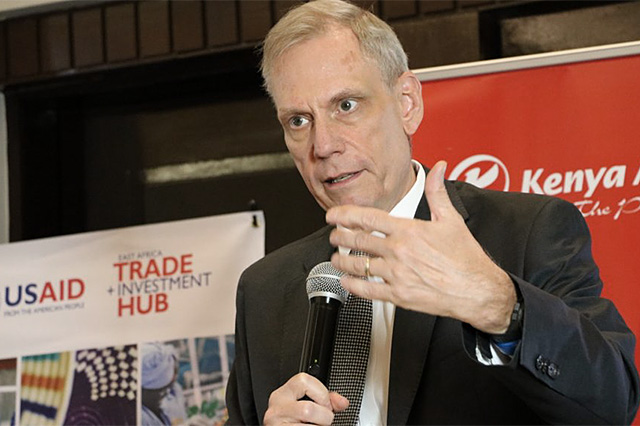Used-clothing trade causes contention between US and East African Nations
The commercial enterprise of U.S. companies selling used clothing to African countries doesn’t seem a likely source of controversy, but the issue has become one of contention on two continents.
The East African countries of Rwanda, Kenya, Uganda, Tanzania, South Sudan and Burundi have been trying to phase out imports of secondhand clothing and shoes over the last year.
The countries claim the enterprise undermines their efforts to build domestic textile industries and they want to impose an outright ban by 2019.
In March, the Office of the United States Trade Representative threatened to remove four of the six East African countries included in the Africa Growth and Opportunity Act, a preferential trade deal intended to lift trade and economic growth across sub-Saharan Africa. Burundi and South Sudan, gripped by upheaval, had already been expelled from the trade deal because their governments were accused of perpetrating state violence.
Across Africa, secondhand merchandise is the primary source of clothing. Rwanda has said it is seeking to curb the import of secondhand clothes, not only on the grounds of protecting a nascent local industry, but also because it says wearing hand-me-downs compromises the dignity of its people.
Rwanda’s president, Paul Kagame said that the region should go ahead with the ban even if it meant sacrificing some economic growth.
“We have to grow and establish our industries,” Kagame said in June. “This is the choice we find that we have to make. We might suffer consequences. Even when confronted with difficult choices, there is always a way.”
However, opponents of the ban said it would cut off an important source of inexpensive clothing and hurt the jobs and companies involved in importing and selling the merchandise.
East Africa imported $151 million worth of used clothes and shoes in 2015, mostly from Europe and the U.S. At least 70 percent of donated garments end up in Africa, according to Oxfam, a British charity that also sells used, donated clothes to the continent.
East Africa could export garments worth up to $3 billion annually within a decade, according to a McKinsey study.
In June the U.S. initiated a review of AGOA eligibility for Tanzania, Uganda and Rwanda, which came about when the East African Community decided to ban imports of secondhand clothing. The U.S. Secondary Materials and Recycled Textiles Association, which initiated the petition for review with the USTR, said the move to curb incoming used clothing is a barrier to U.S. trade, which goes against certain requirements under AGOA.
SMART, a group of 40 used clothing exporters, says that 40,000 American jobs, like sorting and packing clothes, are at risk. Clothing thrown away by Americans, the association says, will end up in landfills in the U.S. and damage the environment if not sold abroad.
The organization argued at a public hearing in Washington in July that the cut-off of these imports from the U.S. runs counter to AGOA’s prohibition against “barriers to U.S. trade.”
Officials from Rwanda, Tanzania and Uganda testified at the same hearing that their agreed-upon three-year phase-out of these imports is a necessary tool for nurturing their own garment-producing industries.
The three targeted countries also contended that the ban does not contradict AGOA’s eligibility criteria.
USAid’s East Africa Trade and Investment Hub concluded in a 30-page analysis issued last month that a ban on secondhand clothing imports is not needed to bolster domestic clothing manufacturing in Africa.
“EAC policy makers would be well advised to keep both used clothing sector and AGOA export benefits while focusing on domestic industry development, knowing these are not mutually exclusive goals,” the USAid trade hub study concluded.
USAid estimates that the used clothing industry accounts for 355,000 jobs in the EAC countries, which in turn generate $230 million in income that supports some 1.4 million East Africans.
Kenya has withdrawn its support for the used-clothing ban because it risked losing its lucrative textiles exports to the U.S and USTR countered by saying it will now not review Kenya’s eligibility.
USTR has indicated it will decide of the other country’s ejection from AGOA by the end of the year.
In Ghana, jobs in textiles plunged by 80 percent between 1975 and 2000. Many people in Zambia, which produced clothes locally 30 years ago, can now only afford to buy imported secondhand clothes.
Although many support government efforts to build national textile industries, they say that the ban on used clothing should be done incrementally.
In Rwanda, where the per capita gross domestic product is $700, many people oppose the ban, saying it has thrown thousands out of jobs distributing and selling secondhand clothes and has hurt the nation’s youth in particular.
Since Rwandan import tariffs on used garments have been raised 12 times, clothes sellers in Kigali have watched their revenues plummet. The government decision was premature, they said, put in place before the country was able to produce clothes that are affordable. And though the ban excludes imports of secondhand clothing, it hasn’t stopped the influx of more expensive new clothing from China.
Also see: AGOA renewal hearings


